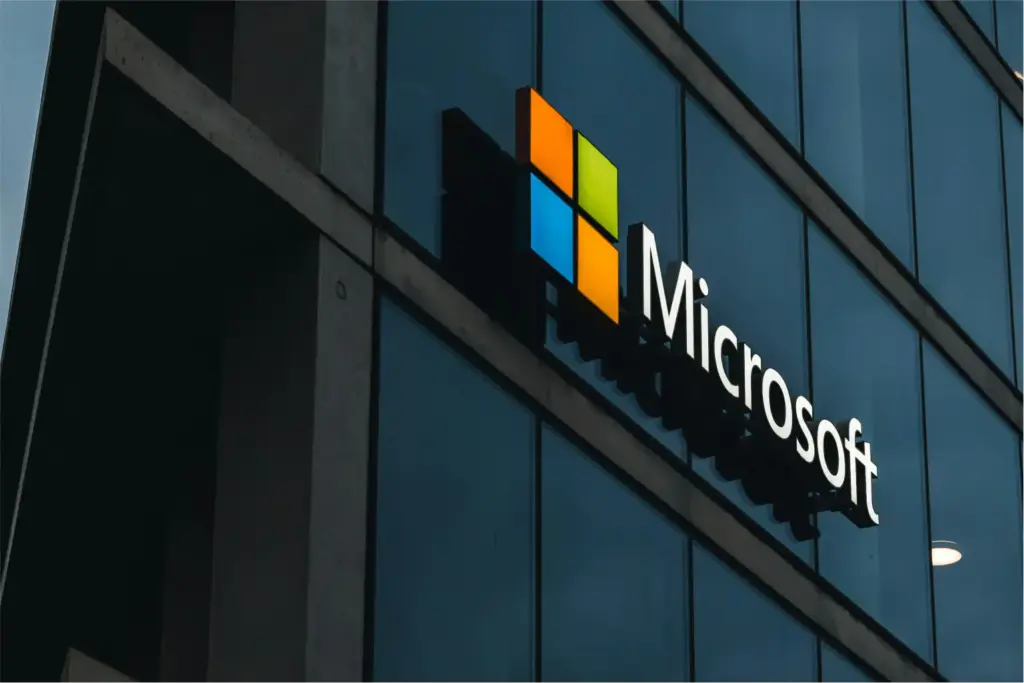
Microsoft and Harvard Health: Microsoft is partnering with Harvard Medical School to feed Copilot answers with consumer health content from Harvard Health Publishing. The initiative is a part of a push to make the assistant’s medical replies more like what users might hear from a practitioner, and to lessen reliance on OpenAI, according to the Wall Street Journal.
An initial update could arrive as soon as this month, and Microsoft will pay Harvard a licensing fee, the reports say.
Also Read | Parents sue OpenAI after teen’s suicide, allege ChatGPT gave detailed instructions
Dominic King, vice president of health at Microsoft AI, said the goal is for Copilot to deliver credible, practitioner-aligned guidance rather than generic chatbot output. Microsoft declined to comment publicly on the deal; Harvard did not immediately respond to requests for comment, The Wall Street Journal reported.
Copilot today is largely powered by OpenAI models across apps like Word and Outlook, but Microsoft has begun mixing in Anthropic’s Claude and is building its own models as it pursues more independence in AI.
The Harvard arrangement is one plank in that strategy; Microsoft has also been expanding health-focused Copilot features through its Nuance unit, Reuters reported.
The move comes amid scrutiny of AI medical advice quality and persistent demand for trustworthy, plain-language guidance. If executed well, licensing vetted content could help Copilot answer common health questions more safely, while still steering users to professional care when needed.








